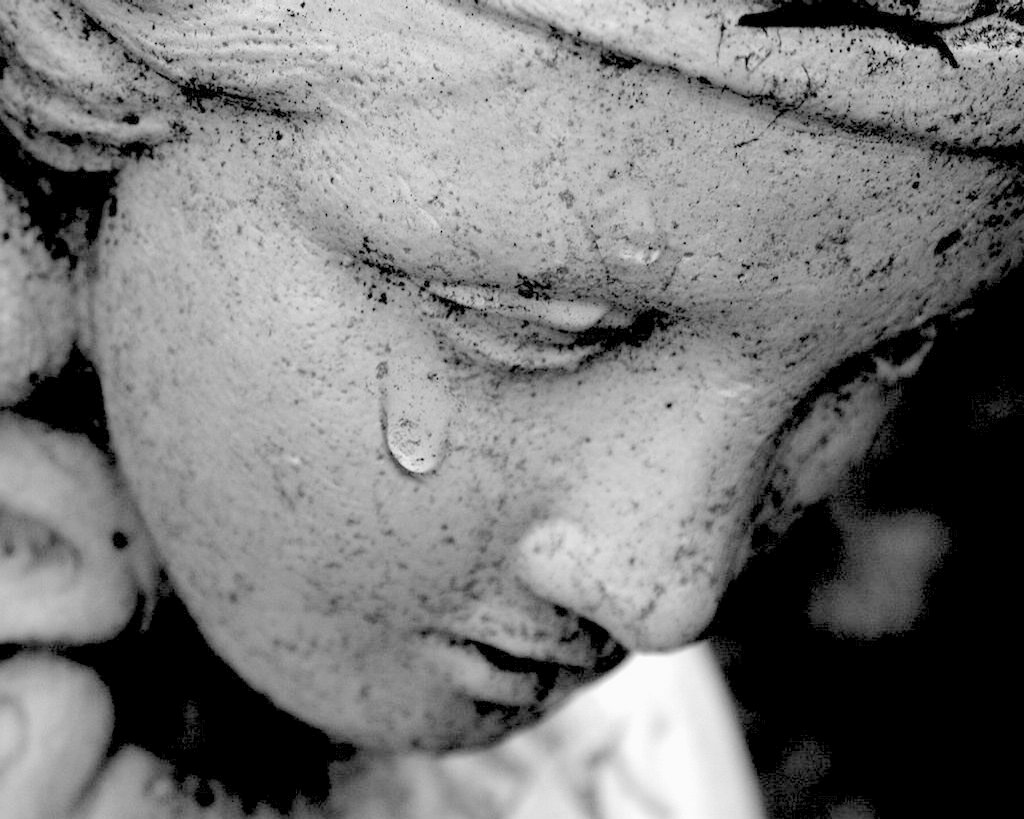
Dear Dr. Hurd,
My father died almost 18 years ago. Though I consider myself fully recovered, if something reminds me of him, the feelings of loss come rushing back and I get very sad and cry. Is this healthy? Do I need medication to keep me from falling back into mourning for him? Most of the time I’m just fine.
Dear Reader,
A major loss is not something you ever fully get over. You just get used to it. When your father died, you felt the loss every day. As the years passed, you don’t think about it as often, but when you do, you feel it just as strongly. This is a clear indication that you’re not completely over it — but then why should you be? There’s nothing wrong with feeling loss. If you couldn’t function during your unhappiness, that would be one thing. But to feel it after all these years is normal.
In his online article “Getting Over a Loved One’s Death,” Rodney Grubbs writes, “Having a hard time getting over the loved one is completely natural …. As a general observation, the stronger the love, the longer it takes to get over them. And quite frankly, I’m not sure what ‘getting over them’ really means. If you truly loved them, you will never completely get over them. What you will do is learn to live with it from a different perspective. Then you will feel better about moving on with your life.”
You don’t need medication for these occasional sad feelings. Medication is for people who are unable to cope, i.e., unable to handle the basic activities of daily living without significant disruption. When it comes to medication, there are two schools of thought, and both are wrong. Some people feel it’s wrong to take medication because it’s a sign of weakness. Nonsense. If your functioning can actually be improved with medication, then what moral reason is there not to do so? We don’t refuse medication for high blood pressure or diabetes on the basis of moral weakness, so why this?
The other common mistake is that people see medication as a cure. It’s not, especially for something like depression over a personal loss. When anti-anxiety or anti-depressant medication does work, it treats only the symptoms. But so do a lot of medications. There are many problems for which there are no known causes, and people take medication to address the symptoms. With grief and loss, it’s OK to take medication if you find that you just can’t function. Why not try to relieve some of that suffering? At the same time, no pill can make you bypass the natural process of grief. To escape the grief of having lost a loved one, you’d have to escape the experience of ever having loved them. That doesn’t make any sense.
Look at grief as normal. Tell yourself, “This is healthy. It means I loved him and that he was, indeed, the wonderful person I perceived him to be. I’m crying not only because he’s not here, but also because he was a great person to have loved.” Talk the feelings out with someone who experienced the loss along with you, or maybe even a counselor or a therapist. Don’t bottle everything up in the name of “getting over it.” It doesn’t work.
There are different kinds of losses. Losing a parent can be difficult, but it’s expected. There’s usually not the feeling of “falling through space” that comes with the loss of a spouse or a child. But loss is loss, and you’ll still feel it years after the fact. The challenge is not to get over it; the challenge is to reintegrate yourself back into a new and different life without your loved one.
Try to get back to the daily activities you participated in before the loss. Take on new goals to fill the void. If your loss is a major one, you’ll most likely need six months to a year for the process to unfold naturally and comfortably.
You can’t replace your loved one, but little by little you can resume your activities and routines, adding new experiences and memories to the ones you both enjoyed before. Your new life is not required to be better or worse than the old one. It will just be different.
Follow Dr. Hurd on Facebook. Search under “Michael Hurd” (Rehoboth Beach DE). Get up-to-the-minute postings, recommended articles and links, and engage in back-and-forth discussion with Dr. Hurd on topics of interest. Also follow Dr. Hurd on Twitter at @MichaelJHurd1
Dr. Hurd is now a Newsmax Insider! Check out his new column here.
